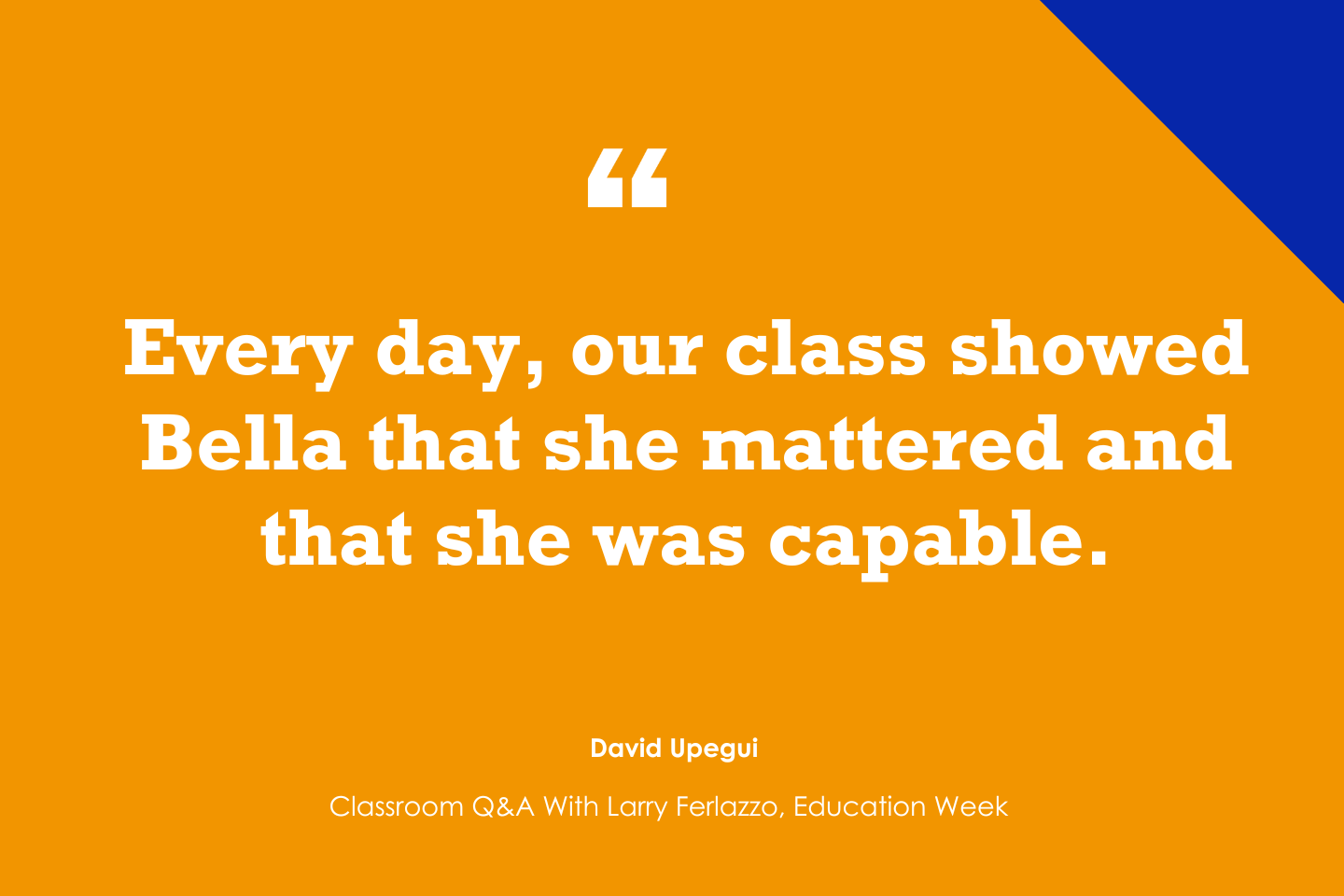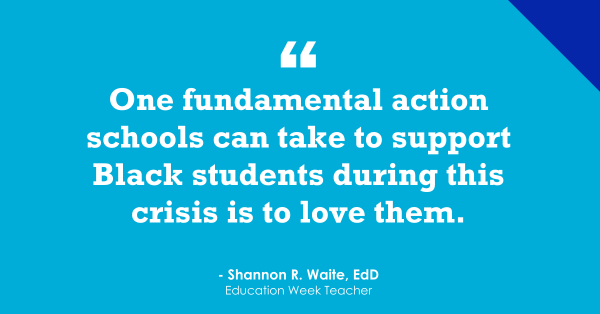What does mentoring other faculty mean? As a noun, a mentor is a wise and trusted guide and advisor; however, as a verb, mentoring means to serve as a teacher or trusted counselor. When our department was challenged with establishing a requested program for all faculty, three P’s were apparent: People, Place, and Purpose.
The purpose of this article is to provide insight from one university department in the southeast region, where we took time to encourage all faculty by entertaining questions in a non-threatening setting and offered guidance for the academic year. This document is a sample of how mentoring has strengthened a department that offers four undergraduate and two graduate programs.
M=Meeting
E= Educating
N= Networking
T= Teaming
O= Opening
R= Responding
People
As a Health and Human Performance (HHP) department, we value the impact mentoring places within our faculty. We communicate patiently to answer questions, specifically introduce our department, college, and university to others, and discuss pertinent issues.
Meeting the first Wednesday of each month, or every other month at the same time, gives us an opportunity to acquaint ourselves with colleagues and relay information for a successful start in our Health and Human Performance (HHP) department. Meeting locations vary and the length of time (30-40 minutes) depends on the conversations.
Educating about our campus, our services, our college, our department, and any other locations or services helps each of us become better acquainted with our colleagues.
Networking with each other establishes collegiality and camaraderie that strengthens reciprocal relationships among faculty.
Teaming enhances communication skills, fostering contributions not only to our departmental goals but also to those of the college, and ultimately, the broader campus.
Opening conversations with all questions about teaching, research, and service within our campus culture provides us with personal and professional connections.
Responding to questions and concerns with transparency helps remind us the necessity to support each other in our departments, college, and university.
Authors Thomas McCann and Larry Johannessen encourage mentors in Mentoring Matters to maintain accessibility via phone, email, or conference. They offer strategies on how new teachers (mentees) establish good relationships with their colleagues:
Get to know your colleagues’ backgrounds, talents, dreams, and pet-peeves
Move toward colleagues who convey positive attitudes and do not undermine your position
Informal meeting opportunities (as tentatively planned) such as lunch, coffee, breaks, planning, and social function
Accept, with an open mind, the instructional materials in which new colleagues share with you without feeling pressure to use them
Recognize potential from everyone for mentoring and support
Mentors play a crucial role in guiding novice teachers in the right direction, leading to possible relationships with colleagues. Good mentors help young teachers recognize the dynamics of the department/school, colleagues, and best guidance (p. 87). Mentoring can help the early-career teacher better understand everyone in the department, school, and district. Mentors want the mentee to “prevail without discouragement” (p. 88).
Careful guidance with caring and thoughtful mentoring is vitally important
Coach new teachers through tough choices
Help guide mentees toward making wiser choices
Acknowledge fault when you have made a mistake and project ways to correct errors
Jim Knight presents seven partnership principles, which our department can expand on from what we believe (p.18):
Equality: Both partners share ideas and make decisions together as equals.
Choice: Think about this—a meaningful commitment to offer help is only possible when we have the choice to say “no.”
Voice: When coaches (mentors) respect others’ voices, they seek and act on opinions. Professional learning matters to be motivated.
Reflection: Partnership coach (mentor) serves as a thinking partner for the meeting of minds.
Dialogue: Both partners think their way together through discussion(s). Dialogue may involve radical honesty.
Praxis: Apply new knowledge and skills. Ask effective questions and write appropriate, open-ended, nonjudgmental questions of lessons; that’s praxis.
Reciprocity: Looking at everyone as a learner and a teacher, regardless of credential or years of experience, for new ideas, concepts, strategies, and passions. See our partners as equals, respecting and valuing each other.
An action of Good Coaches (mentors) translates changing the pronoun from “they” to “us.” We enroll, identify teachers’ goals, listen, ask questions, explain teaching practices, and provide feedback. All of this is relative for each faculty member to support an endeavor to adapt and serve with an attitude toward change (Pittenger & Heimann, p. 38). Self-efficacy between the mentor and the mentee are directly related to the effectiveness of their relationship. Effectiveness of mentoring and contextual variables:
Promotion, upward mobility, career advancement; with other factors, such as interpersonal relationships, identity, socialization, and commitment, as well as curiosity, willing to trust, listen and, work/job involvement.
The most reported outcome of mentoring was job satisfaction. Second, satisfaction was pay, advancement opportunities, and work. Keep the mentoring system a simple model.
Interrelationships are key characteristics for a mentor faculty program. The best mentors serve as sponsors to guide, protect, teach challenges, and provide feedback (as in a peer evaluation).
Place
The coordinator determines where to meet. In our case, almost all meeting places have been in a convenient and relaxing setting for an hour, whether on campus or walking distance to a coffee shop.
Bi-monthly mentor meetings on Wednesday’s at 3:00 PM
DateLocationTopicSeptember 7Campus coffee shopObservations (peer)November 2Library alcoveLearning centerJanuary 4Off-campus coffee shopElectronic dossierMarch 1Walk with a doc*Prompted questionsApril 26Local coffee shopFinals and breakfast
Additional activities in the mentoring year
Register and attend at least two sessions at the Walker Center for Teaching and Learning. This department offers classes, book clubs, Zooms, and extended sessions for university faculty to further their teaching.
Observe a colleague teaching in the classroom (discipline and department of your choice).
Arrange to be observed by a colleague. Make time to discuss the observation.
Whether the faculty member has attended the Walker Center for Teaching and Learning, observed a colleague, or was observed by a colleague, each meeting highlights what campus programs can do to enhance a faculty member’s craft to instruct. These expectations are not only for the growth of the colleague, but also a part of the individual goal progression and our HHP department. Teaching, research, and service are tenets to the professional progression in higher education; mentoring provides emotional and social encouragement for our faculty.
*A few examples for mentoring questions or Walk with the Doc are:
What is your best contribution to our HHP department? Why?
How do you prefer students to address you in class? By email? In person?
What have you learned from being observed? Observing a colleague?
How has this occasion strengthened your teaching?
What teaching strategies do you anticipate changing in any course for fall semester?
Create your own question to ask each other…
Purpose
The driving purpose for this departmental mentoring is to engage all faculty, from first year to seasoned faculty to faculty with similar research or teaching plans. Mentoring is about connecting, communicating, and recognizing that we each learn from one another. Not only are the monthly meetings planned, but informal monthly meetings can happen anywhere, anytime, and by anyone.
Fostering mentoring relationships are a win-win for the mentor, the mentee, and the organization!
Dr. Jamie F. Harvey is an associate professor in the Health & Human Performance department at the University of Tennessee at Chattanooga. Her primary responsibilities are teaching & advising in the Health & Physical Education K12 program and the departmental Mentor director.
References
Knight, J. 2011.What Good Coaches Do. Educational Leadership.p.18-22.
Lumpkin, A. 2011, The Educational Forum, West Lafayette, Vol. 75/Issue. 4, page 357-368.
McCann, T. and Johannesseen, L. (editors).2008. Mentoring Matters. English Journal.98:2, 86-88.
Pittenger, K. and Heimann, B.2000.Building Effective Mentoring Relationships. Review of Business.21,1/2,38-42.
The post Faculty Mentoring: People, Place, and Purpose appeared first on Faculty Focus | Higher Ed Teaching & Learning.
What does mentoring other faculty mean? As a noun, a mentor is a wise and trusted guide and advisor; however, as a verb, mentoring means to serve as a teacher or trusted counselor. When our department was challenged with establishing a requested program for all faculty, three P’s were apparent: People, Place, and Purpose. The purpose
The post Faculty Mentoring: People, Place, and Purpose appeared first on Faculty Focus | Higher Ed Teaching & Learning. Academic Leadership, faculty mentoring, mentorship Faculty Focus | Higher Ed Teaching & Learning








